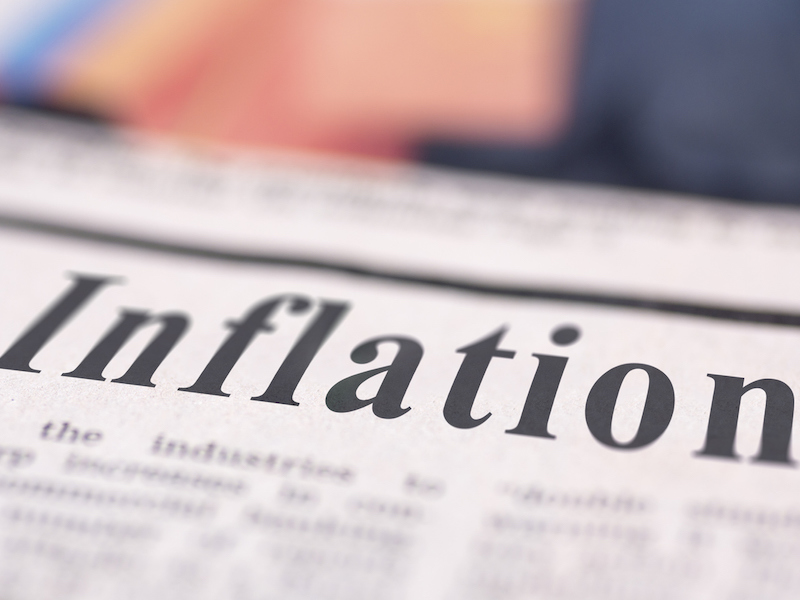
Headline inflation was stable overall in November, according to new data from the Organization for Economic Cooperation and Development (OECD) — although there are some pockets of increased price pressure.
The Paris-based group reported that the overall consumer inflation rate came in at 4.5% in November, little changed from the previous month.
Both food and energy prices were up in November, offsetting a modest decline in core inflation (excluding the food and energy components) from 5.0% in October to 4.9% in November.
For the second straight month food inflation was up in November, rising to 4.3% in the month from 3.9% in October — and energy inflation picked up too, turning positive in November.
Beneath the apparent stability in headline inflation, price pressures increased in 14 of the 38 countries that belong to the OECD, declined in 11 countries, and were flat in the other 13 countries.
For the G7, annual inflation accelerated in November, rising from 2.3% in October to 2.6%, driven by increases in Japan, the U.K., Germany, and Italy, the OECD reported.
“Inflation was boosted by reduced energy subsidies and accelerating food prices in Japan,” the OECD said — adding that core inflation was the primary driver headline inflation in all G7 countries except Japan.
In the euro area, inflation also ticked up by 0.2 percentage points to 2.2% in November — and, preliminary estimates indicate that it continued to rise in December, reaching 2.4%, the report noted.
“This second consecutive rise was driven primarily by a slower decline in energy prices,” the OECD said. “Food inflation edged down while core inflation remained stable.”